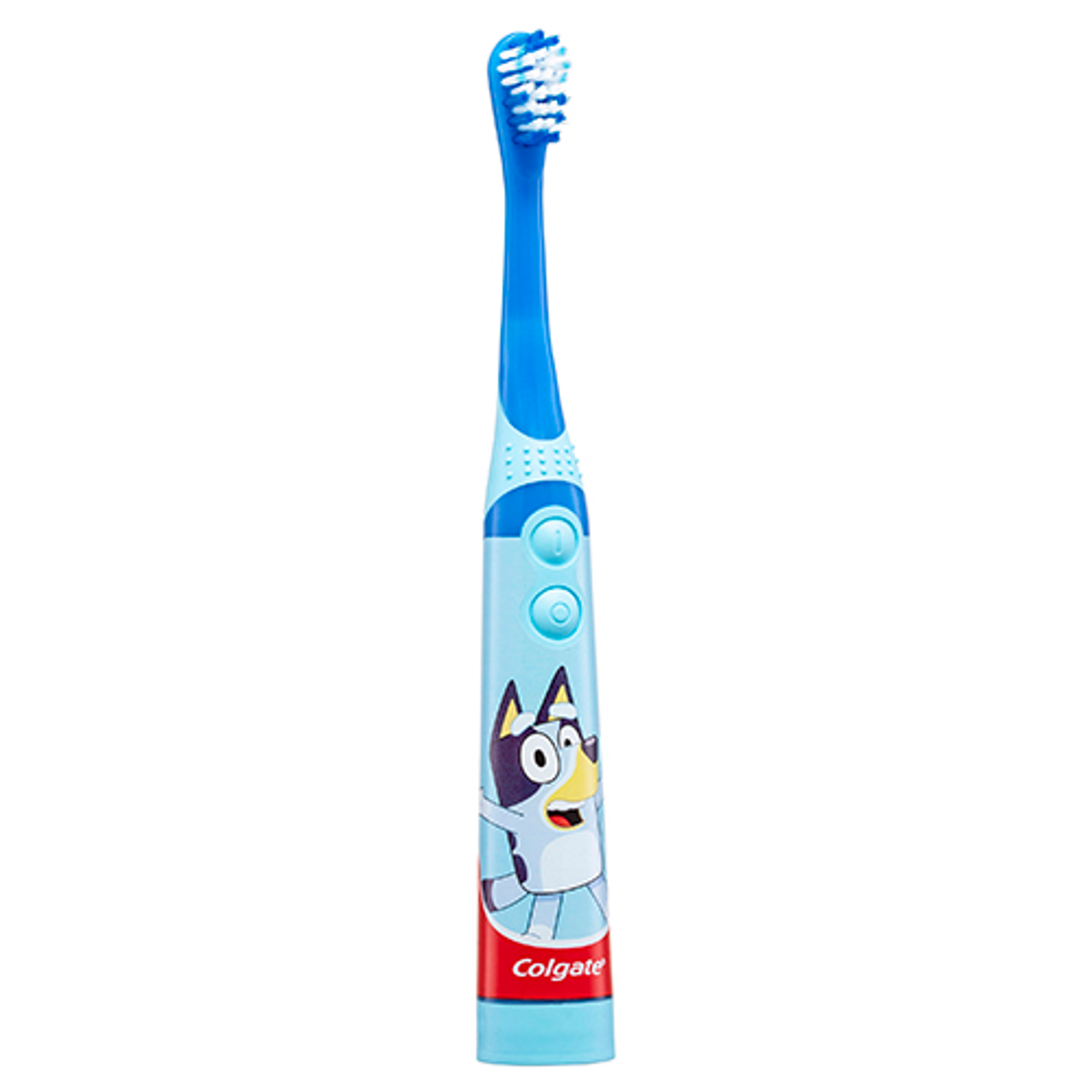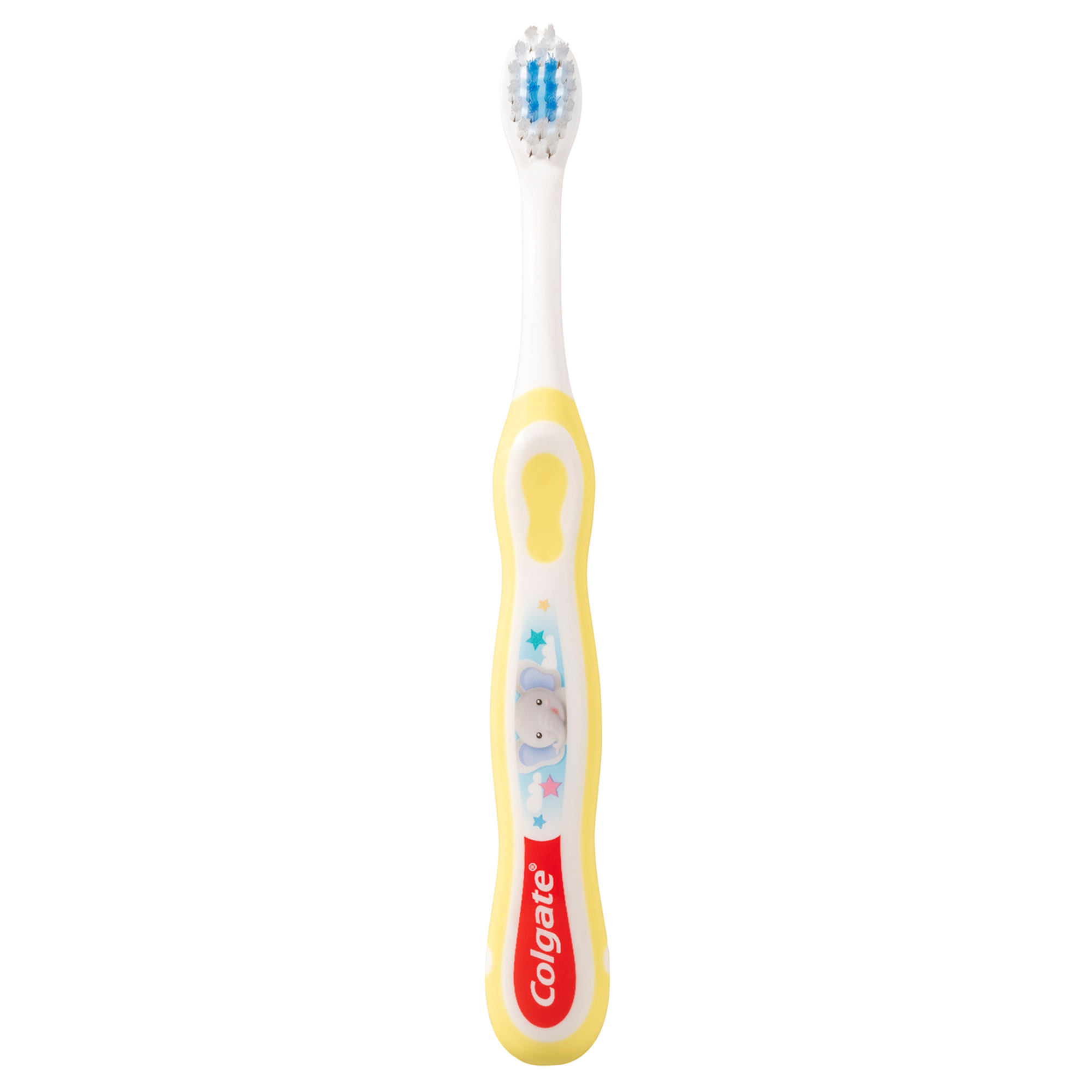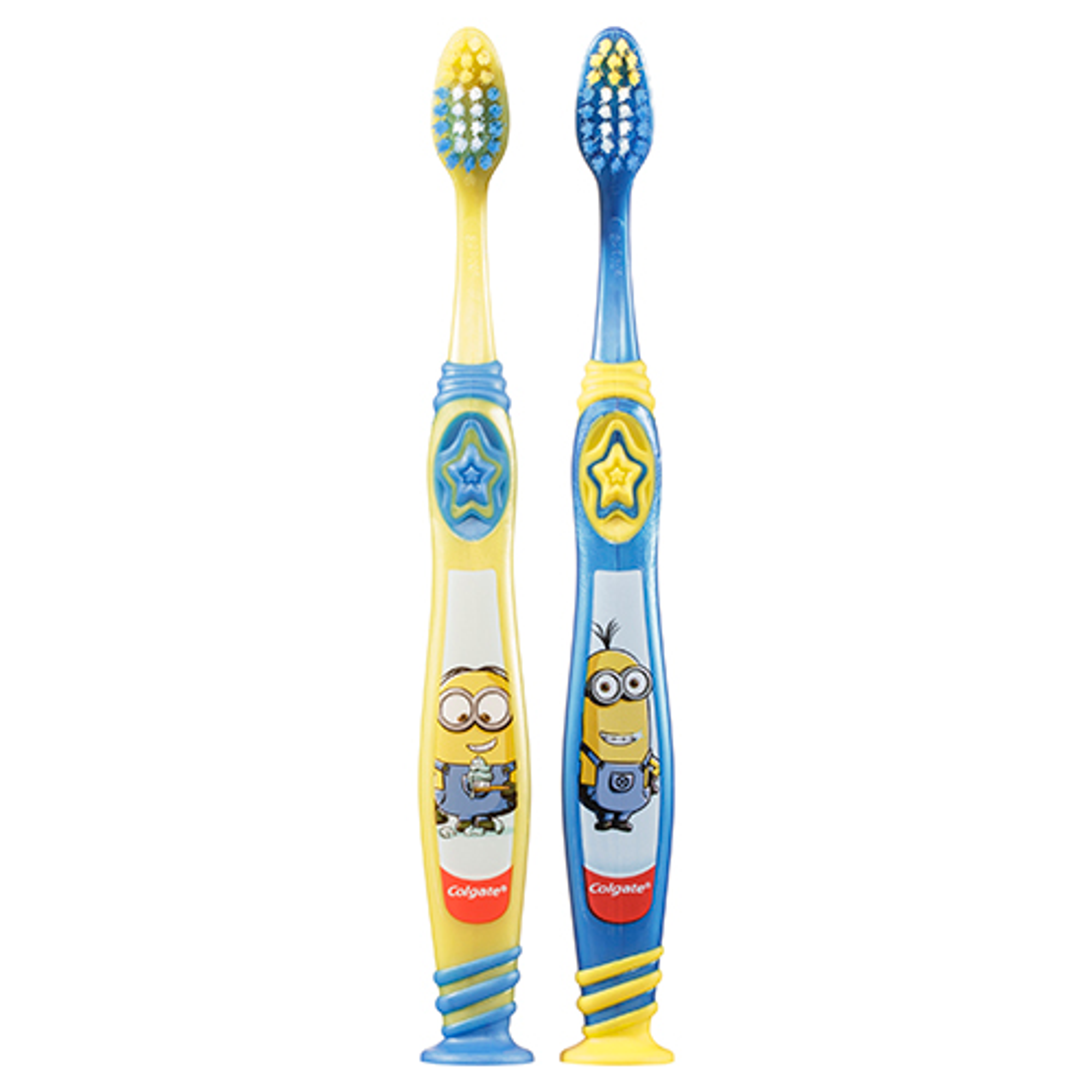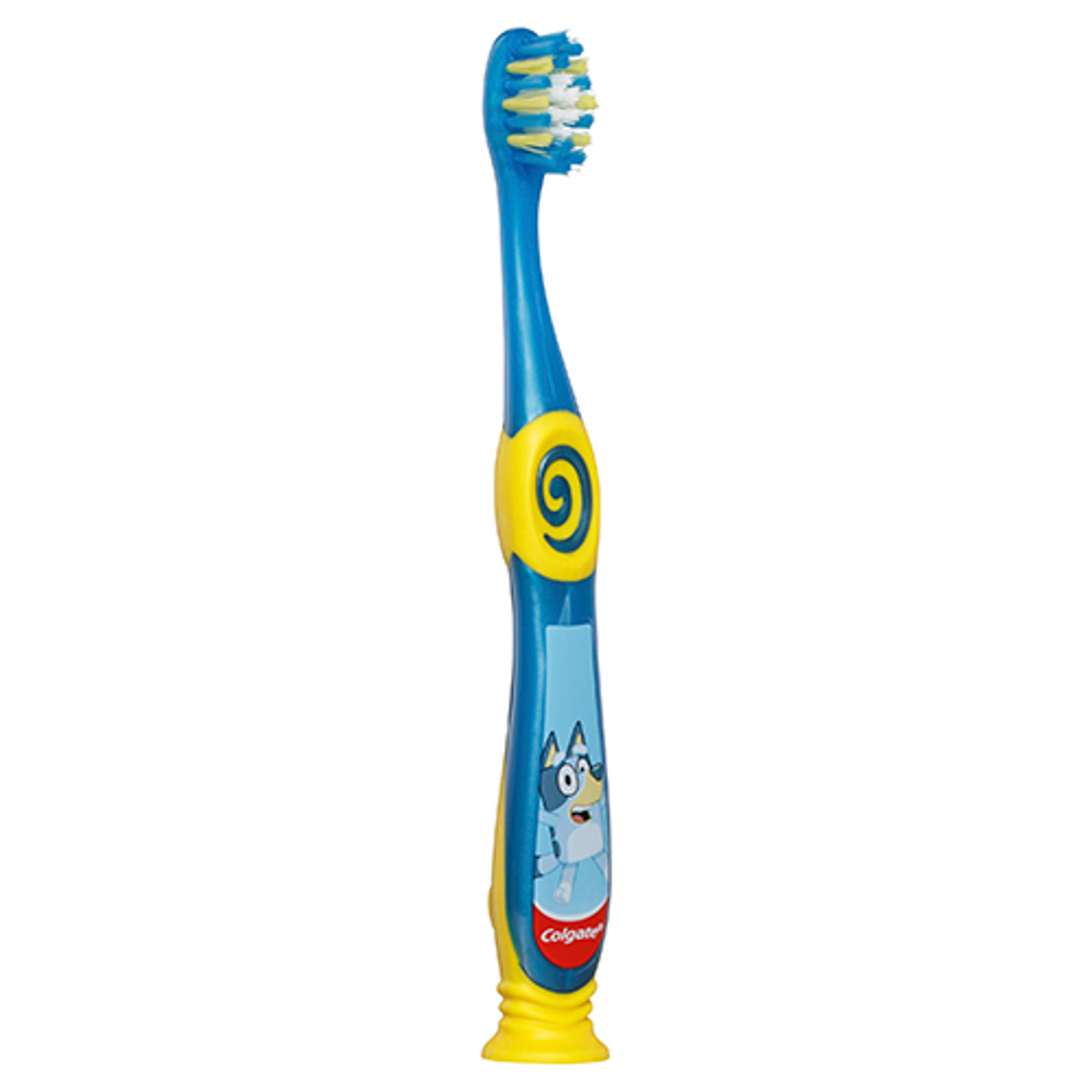Start early
It’s never too early to start thinking about your child’s oral care. In fact, the skills that you teach your child today will stay with them throughout their entire life. Even before your child’s first teeth appear, you can take care to wipe their gums with a clean damp gauze or a washcloth. This will help to keep gums clean and get your child accustomed to having you clean their mouth.
Once your child’s teeth appear, use a soft toothbrush and a baby toothpaste to clean them twice a day. You can start teaching your child how to brush their teeth when they are aged two or three. Most toddlers want to try to brush by themselves, which is fine. Just be sure to brush their teeth for them again when they have finished. As your child grows, check that you are using a paste with an age-appropriate amount of fluoride to protect the teeth from decay. Again, choose a soft-bristled toothbrush and talk to them about why oral care is important.
By the time your child is seven or eight, they should be able to brush their teeth on their own. Remember to keep an eye on their brushing technique and make suggestions as they will probably miss areas towards the back of their mouth.
Set a good example
Children look to their parents and other adults for positive behavioural cues. That’s why setting a good oral health care example is one of the best things that you can do for your child. Research shows that having a supportive family member who models healthy oral care behaviour directly influences a child’s oral health care habits. (i)
The next time you’re brushing and flossing your own teeth, take the time to let your child see what you are doing. Talk to him or her about the importance of looking after their teeth and gums and remember to use positive language when you talk about oral care and dental visits. If good dental health habits are part of your daily life, they will become a normal part of your child’s life too.
Make brushing fun and rewarding
Making brushing a fun and rewarding activity is a great way to develop healthy oral care habits in your child. Most children are not motivated by long-term results, so think about creating shorter term rewards. For example, toddlers and young children tend to respond well to positive reinforcement. Consider offering an extra bedtime story or a special activity as a reward. Many older children respond well to stickers and star charts. Choose something that is fun and meaningful for your child and stick to it. Just be sure that you are not rewarding them with a sugary treat!
Limit sugary food and drinks
Limiting sugar consumption is a great way to keep your child’s oral care on track. The Australian Dental Association advises that lollies, soft drinks, and biscuits should be kept to a minimum, and healthy foods such as fruit and vegetables should be encouraged throughout childhood in order to create a model for healthy behavior in the future.
Encouraging your child to eat regular meals rather than constantly snacking is also helpful. A recent longitudinal study which tracked both oral hygiene and dietary habits in young children found that children who constantly snacked throughout the day had a higher chance of dental decay. (ii)
Remember, children who get into the habit of taking care of their teeth from an early age are much better equipped to have great oral health as they get older. Now is the time to set a great example for your child!
---
i Duijster D, de Jong-Lenters M, Verrips E, van Loveren C. Establishing oral health promoting behaviours in children - parents' views on barriers, facilitators and professional support: a qualitative study. BMC Oral Health. 2015;15:157. Published 2015 Dec 10. doi:10.1186/s12903-015-0145-0 [https://www.ncbi.nlm.nih.gov/pmc/articles/PMC4676163/] Accessed 19 August 2020
ii Skafida V, Chambers S. Positive association between sugar consumption and dental decay prevalence independent of oral hygiene in pre-school children: a longitudinal prospective study. J Public Health (Oxf). 2018;40(3):e275-e283. doi:10.1093/pubmed/fdx184 [https://www.ncbi.nlm.nih.gov/pmc/articles/PMC6166585/] Accessed 19 August 2020
This article is intended to promote understanding of and knowledge about general oral health topics. It is not intended to be a substitute for professional advice, diagnosis or treatment. Always seek the advice of your dentist or other qualified healthcare provider with any questions you may have regarding a medical condition or treatment.













